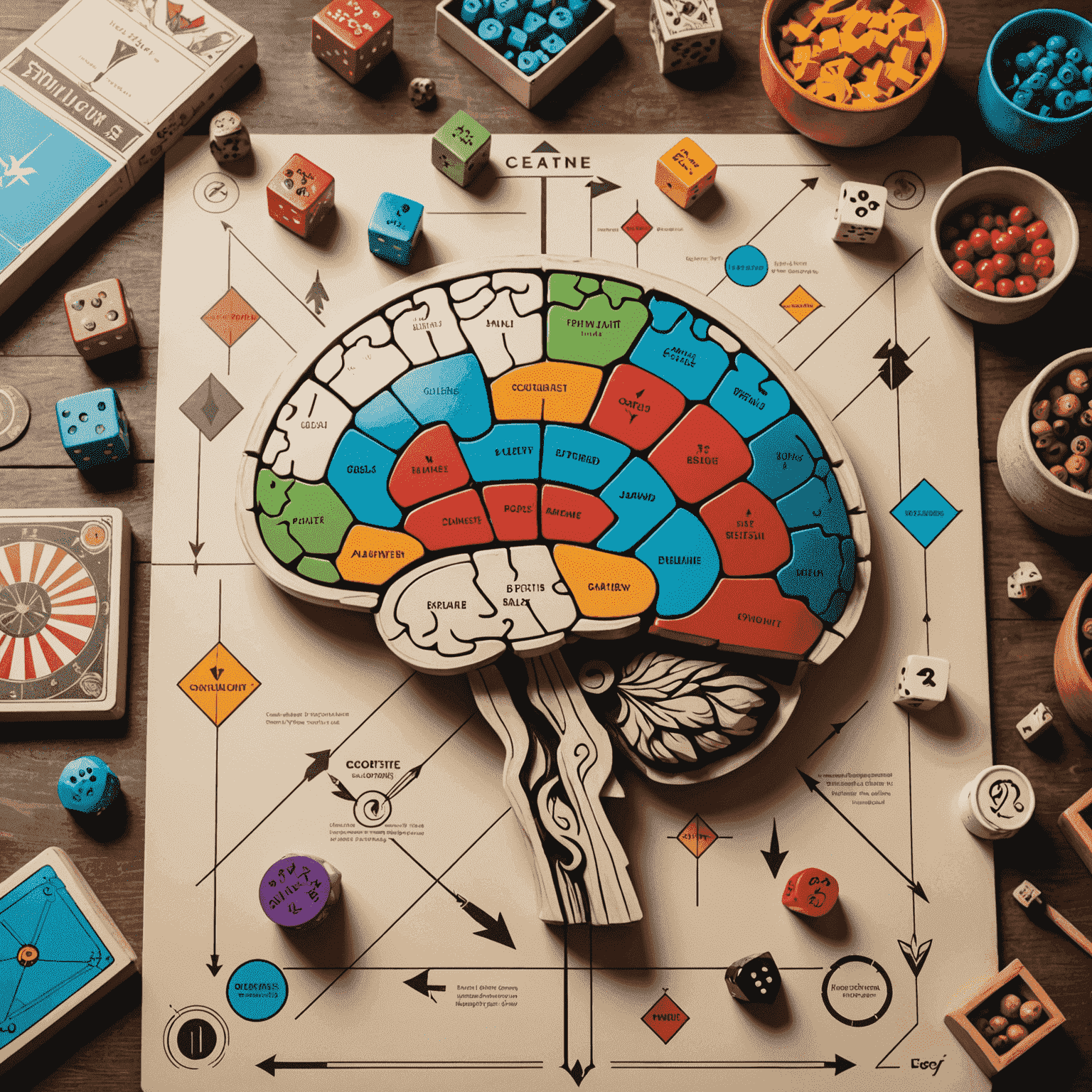The Psychology of Strategy Games: Mental Benefits and Cognitive Skills

Strategy board games have long been revered as more than just a pastime; they are a playground for the mind, offering a wealth of cognitive benefits. As we delve into the psychology behind these games, we uncover how they can significantly enhance our mental faculties and problem-solving abilities.
Enhancing Problem-Solving Skills
Strategy games present players with complex scenarios that require careful analysis and creative solutions. Whether it's maneuvering troops in a war game or managing resources in a civilization-building game, players must constantly evaluate their options and anticipate potential outcomes. This process hones problem-solving skills that are directly transferable to real-life situations.
Improving Decision-Making
In the heat of a game, players are required to make numerous decisions, often under time pressure or with limited information. This environment fosters quick thinking and teaches players to weigh risks and rewards effectively. Over time, this can lead to more confident and efficient decision-making in various aspects of life.

Boosting Critical Thinking
Strategy games demand that players analyze complex systems, identify patterns, and think several steps ahead. This exercise in critical thinking strengthens cognitive abilities, encouraging players to approach problems from multiple angles and consider long-term consequences of their actions.
Enhancing Memory and Concentration
Many strategy games require players to remember rules, keep track of resources, and recall opponents' past moves. This constant mental juggling act serves as excellent exercise for both short-term and long-term memory. Additionally, the focus required to play these games effectively can improve overall concentration and attention span.
Fostering Emotional Intelligence
Strategy games often involve interaction with other players, whether as opponents or teammates. This social aspect helps develop emotional intelligence, as players learn to read others, negotiate, and manage their own emotions in competitive situations. These skills are invaluable in personal and professional relationships.

Conclusion
The cognitive benefits of playing strategy board games are numerous and profound. By engaging in these mental workouts, players can improve their problem-solving abilities, decision-making skills, critical thinking, memory, concentration, and emotional intelligence. As we continue to understand the psychology behind these games, it becomes clear that they offer more than just entertainment – they provide a valuable tool for cognitive development and mental agility.
So the next time you sit down to a game of chess, Go, or any other strategy board game, remember that you're not just playing – you're giving your brain a comprehensive workout that can benefit you in countless ways beyond the game board.